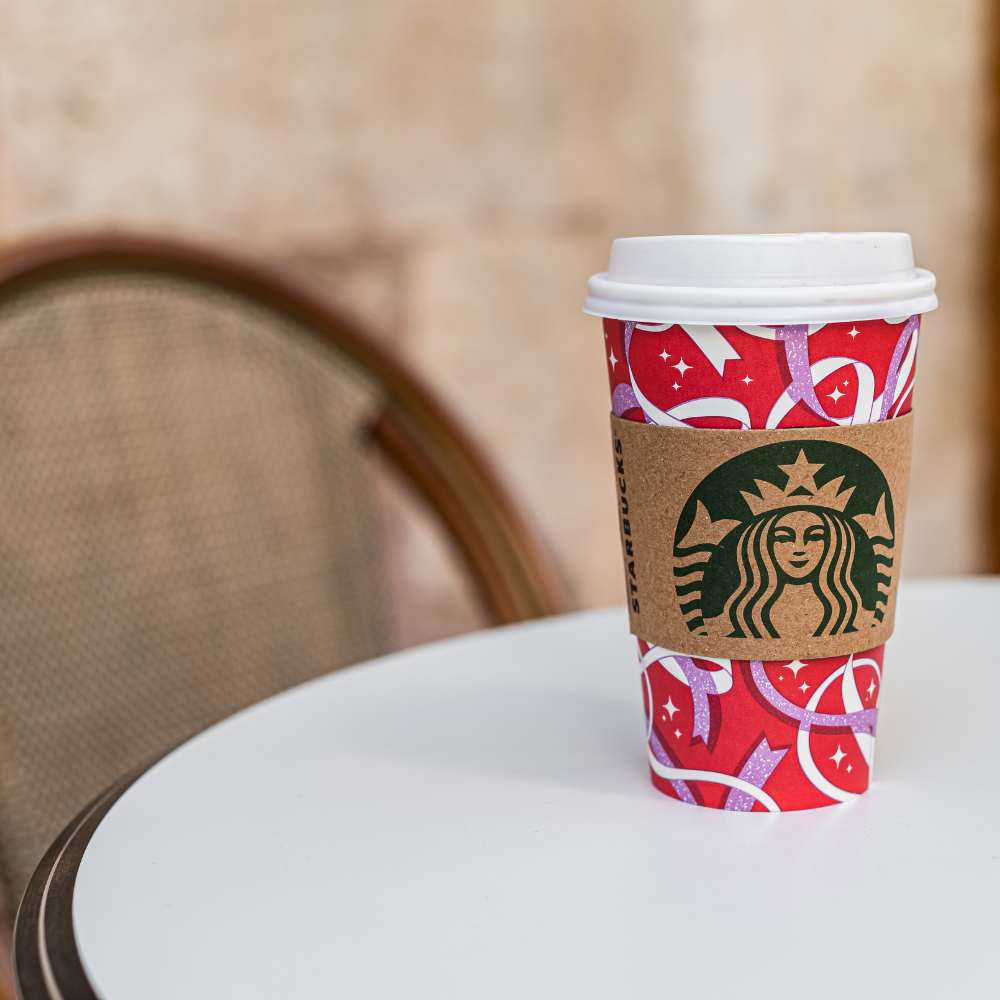Starbucks has issued a letter pleading for calm and attributing store vandalism to “misrepresentation” of its position. The communication from CEO Laxman Narasimhan arrives as the coffee conglomerate confronts social media boycotts and protests related to the Israel-Gaza conflict and a labour dispute in the United States. Sales slowdown reports have also impacted the stock price. The potential for the message to alleviate tensions remains uncertain.
Mr. Narasimhan stated in the staff letter that was published on the firm’s website that “conflicts in many sections” had erupted in violence, hatred, lies, and weaponized speech, “all of which we condemn.” He did not specifically mention the Middle East.
Urban areas across the globe, including North America, have witnessed protests that have escalated. A considerable number of our retail locations have been the target of acts of vandalism. “We observe dissidents who are swayed by social media misrepresentations of our cause,” he said. He further stated, “Our position is unequivocal. We advocate for the cause of humanity.”
Starbucks was thrust into discussions surrounding the Middle East when, shortly after the October 7 attack by Hamas, the union representing baristas in the United States published a message of “solidarity” with Palestine on social media.
Despite being removed, the post, which the union claimed was not authorised by leaders, quickly gained traction and incited criticism of the company. Starbucks declared its dissent towards the union’s declaration. It has stated that its official stance is one of condemnation of “violence in the region.”
It subsequently filed a trademark infringement lawsuit against the union, alleging that the use of its logo caused public confusion and that it was obligated to prevent business harm and ensure worker safety. The back-and-forth prompted pro-Israel and pro-Palestine individuals worldwide to advocate for boycotts. Complicating the matter is an already acrimonious union dispute in the United States.
The Starbucks Workers United union, which represents employees at approximately 350 of the company’s 10,000 locations in the United States, initiated a strike in late November. It aimed to draw attention to its cause and the allegedly harsh tactics employed by the company, which labour officials in the United States have determined has repeatedly violated labour laws.
As stated in the correspondence, Mr. Narasimhan intended to “revitalise our partner culture” in 2024. Recently, the organisation also declared that it had re-engaged in negotiations with the union, an abrupt change in stance. “The fabric of the green apron for all companions must be restitched,” he composed. He concluded, “I pray promptly for peace in my daily meditation.”
The letter failed to appease the firm’s detractors, as certain individuals lodged accusations of its ambiguity. Starbucks Worker United leader Michelle Eisen stated that the organisation continued to retaliate against pro-union employees. “Although Starbucks asserts its desire for a fresh rapport with its employees and our union, its conduct contradicts its rhetoric,” she explained. Starbucks is among the most prominent companies to have become entangled in the dispute surrounding the Israel-Gaza war.
Both Zara and M&S have faced criticism for advertisements that were produced well in advance of the conflict and were deemed to trivialise the severity of the situation in Gaza. Additionally, McDonald’s, Google, and TikTok have been scrutinised by employees and clients regarding their statements and silences regarding the conflict.
